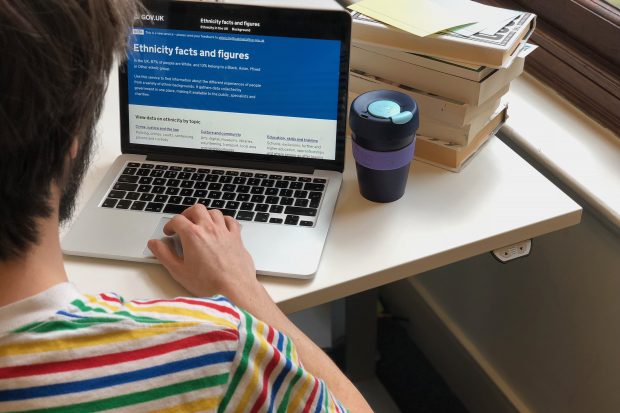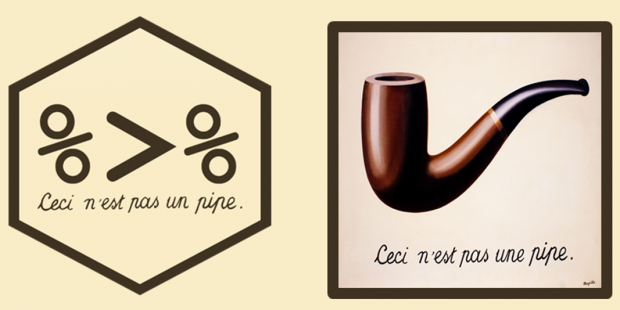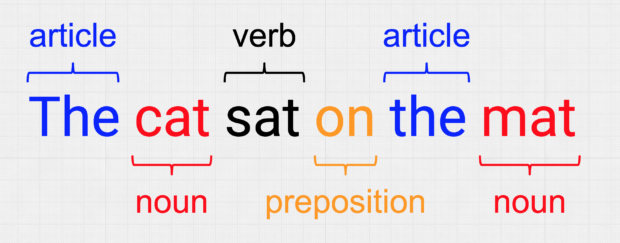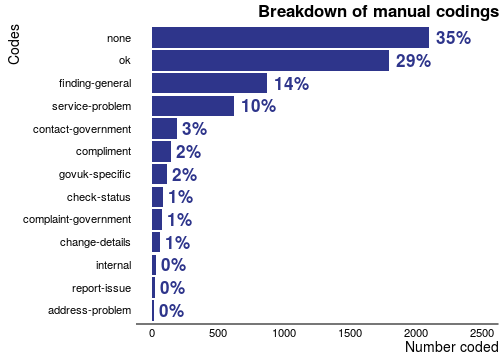Why data harmonisation is important

...the Department for Education (DfE) uses an extended set of codes to record the ethnicity of students and teachers based around the 2001 Census classifications. Having these detailed ethnicity codes...

...the Department for Education (DfE) uses an extended set of codes to record the ethnicity of students and teachers based around the 2001 Census classifications. Having these detailed ethnicity codes...
...models to predict the occupation codes for the injuries. In the current reporting process the free text is still collected but, due to resource constraints, the coded SOC information is...
...early stage of development. The team has been working with the Personal Support Unit (PSU), a charity that provides free, independent advice to litigants in person, witnesses, victims, their family...
...compliance against the standards and codes outlined in the criteria. They are adopting existing HMRC technical approaches using the stack developed by teams working on the exemplars at Dorset House....
...third parties gaining access to data without use of user generated check codes, with the third parties agreeing to strict compliance policies, and using an API separate from the service....

...was standardised (e.g. 'Epsom & Ewell' was always named 'Epsom and Ewell'), an 'ONS name' table was imported into the database too. This table contained local authority names, ONS codes...

...NLP is used to interpret unstructured text data, such as free-text notes or survey feedback. It can help us look for similarities and uncover patterns in what people have written,...
...take place. Tax-Free Childcare is a new Government service, offering support to working parents with their childcare costs. The purpose of the service is to either help parents back into...

...is a free library for fast and accurate record linkage, which is now in its third version. It has the following key features: Faster and more accurate than other free...

...free text response, for example: 'Why did you visit GOV.UK today?', 'Did you find what you were looking for?', and 'Where did you go for help?'. We receive around 3,000...